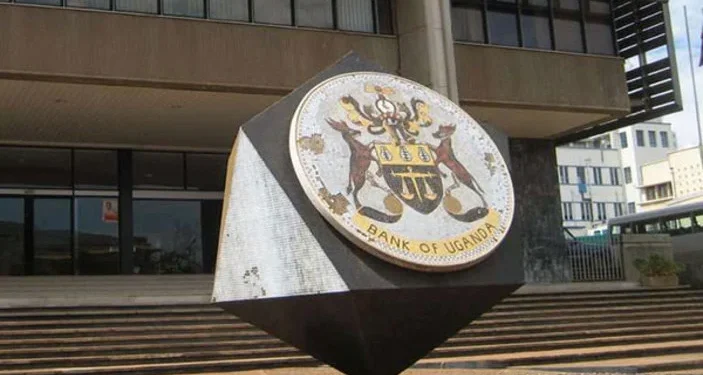Uganda’s legislature has forwarded the Auditor-General’s report on the UShs 60bn (US $ 16.23mn) Bank of Uganda heist to the Directorate of Criminal Investigations “for further investigations.”
- Last November, media reports emerged that that the country’s apex bank had been hacked in August, leading to the loss of over UShs. 60bn.
- The sophisticated cyber heist involved the diversion of payments, such as a US$ 6.134 million payment meant for the World Bank that was instead sent to a Tokyo-based company.
- BOU, which locked horns with the Ministry of Finance over the heist and subsequent audit, has since said that it has recovered US$ 8.2 million of the stolen funds.
“Looking at the ingredients of the report, they are criminal in nature and because of their criminality, we will direct this report to the CID for further management,” Speaker Anita Among said.
The decision to send the Auditor-General’s report, the latest in a series of audits that also involved a BOU-instituted audit by PwC, to the CID did not sit well with some legislators who preferred it be scrutinised in Parliament first.
A second payment meant for the African Development Bank’s African Development Fund was instead diverted to a London-based company in September, the PwC audit showed. In the aftermath of the revelations in November, the government ordered a multiagency investigations.
Why it Matters
The BOU heist and the complicated audit trails exemplify the many loopholes in the modern central banking system, and the technology meant to boost accountability and prevent fraud. At a technical level, the country’s central accounting system’s, IFMS, failsafes all failed to detect the heist in good time. The loss stayed hidden for weeks after the fact, stymying recovery efforts once investigations begun.
It also shows the pitfalls of bureaucracy, as the BOU and its parent ministry have each laid blame on the other. While the BOU instituted its own audit, the country’s Treasury insisted on waiting for the Auditor-General’s report. At a press conference in December, the BOU’s Deputy Governor Michael Atingi-Ego said that the apex bank is only “a paying entity.”
Another complication is the BOU’s leadership vacuum, as the apex bank’s top position remains unoccupied since the death of long-serving Governor Emmanuel Tumusiime-Mutebile in early 2022.




